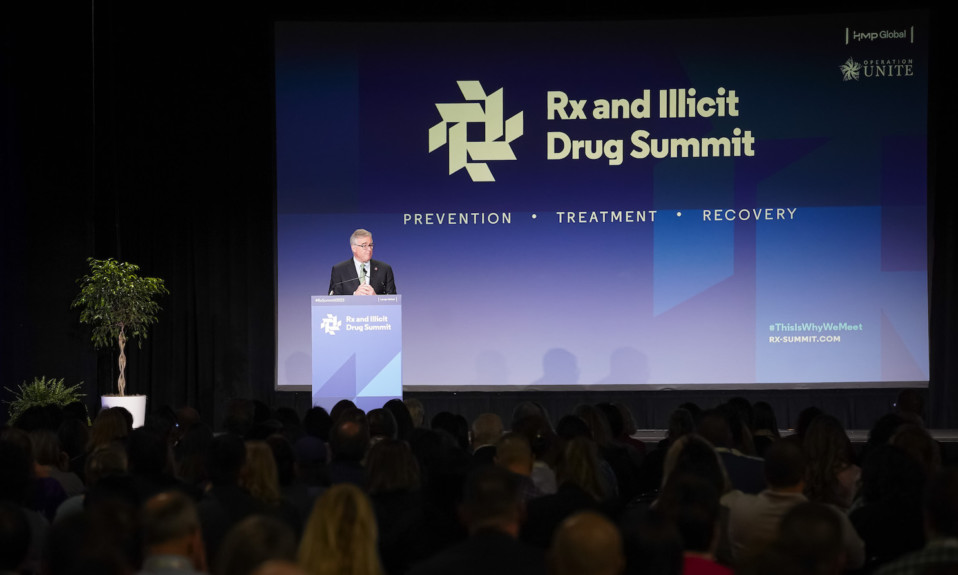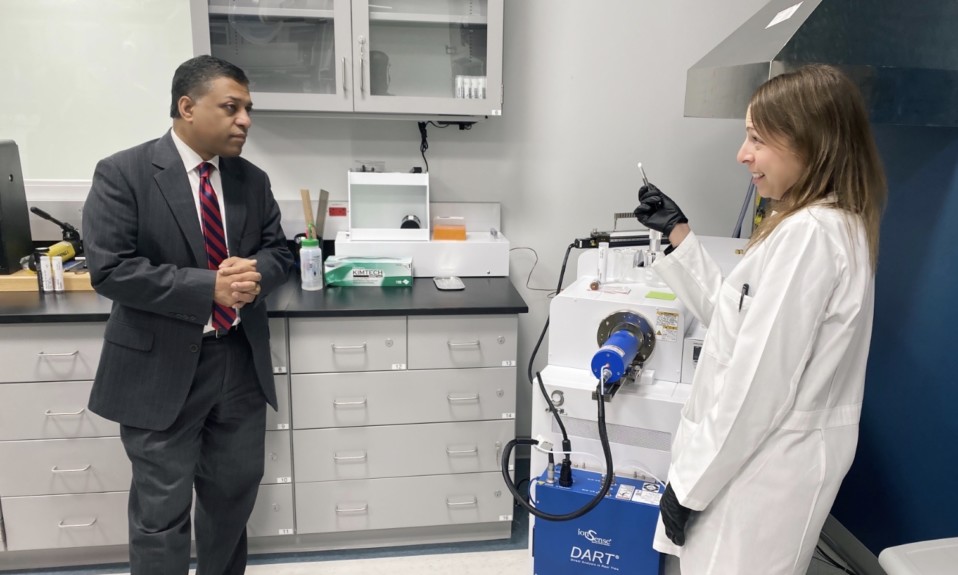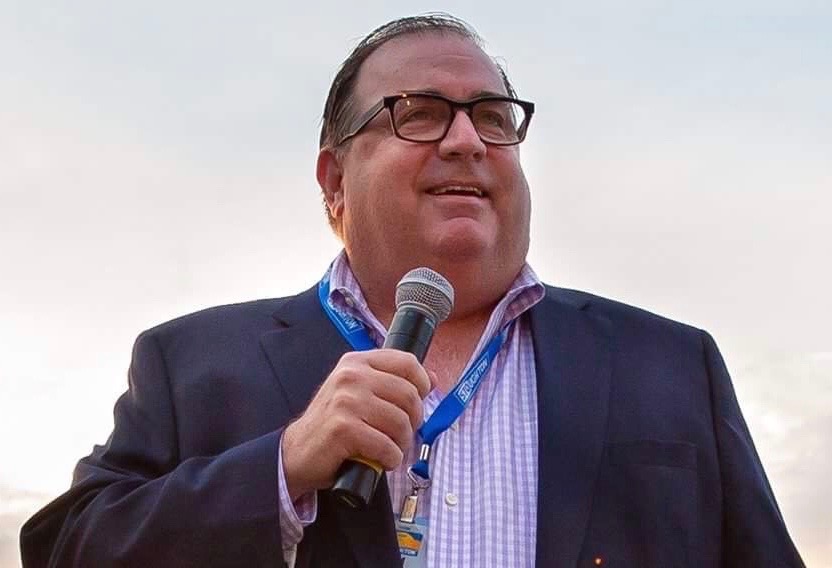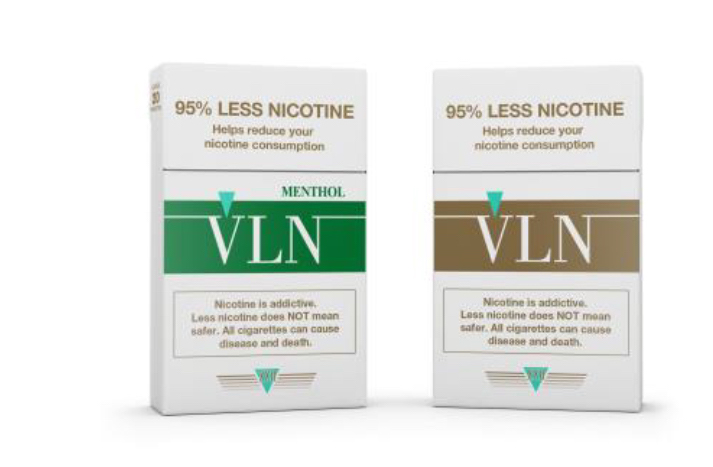A who’s who of people involved in addiction treatment gathered at the Rx and Illicit Drug Summit in Atlanta this week to formulate solutions to a host of pressing problems
By Jason Langendorf
The 2022 Rx and Illicit Drug Summit, the largest annual gathering of stakeholders in opioid and addiction treatment, recovery and prevention, took place in Atlanta this week at a time when solutions in the space are more urgently needed than ever.
The 10th Rx Summit, which was held Monday through midday Thursday at the Georgia World Congress Center, marked a return to the event’s on-site proceedings following the social-distancing effects of COVID. And it happened “at a time of immense pain and immense possibilities,” said President Joe Biden, who addressed attendees in prerecorded remarks Tuesday morning at the summit.
“People with addictions, and those who care for them, face too many roadblocks to treatment. … That’s why we’re removing barriers to harm reduction treatment—so more people can get the care they need.”
—President Joe Biden in an address to attendees
“People with addictions, and those who care for them, face too many roadblocks to treatment,” Biden said. “Many of you know all too well what it’s like. That’s why we’re removing barriers to harm reduction treatment—so more people can get the care they need.”
A series of recent developments—including the spread of the highly potent synthetic opioid fentanyl and far-reaching ripple effects from the COVID-19 pandemic—have led to an increasingly lethal drug epidemic. The Centers for Disease Control and Prevention (CDC) recently reported 101,000 overdose deaths in the year ending in June 2021—the largest number ever recorded over a 12-month period.
Said Biden: “It’s time we treated addiction like all other diseases.”
Addiction From All Angles
The Rx Summit annually draws invested parties to share trends, best practices and innovations in addiction treatment and prevention: clinicians, specialists, advocates, law enforcement, first responders, policymakers and even people with addiction themselves.
The event was sectioned into nine session tracks: advocacy, clinical, illicit drugs, prevention (overdose), prevention (primary), public safety, technology (prescription drug monitoring programs and data surveillance), treatment and recovery, and trending topics.
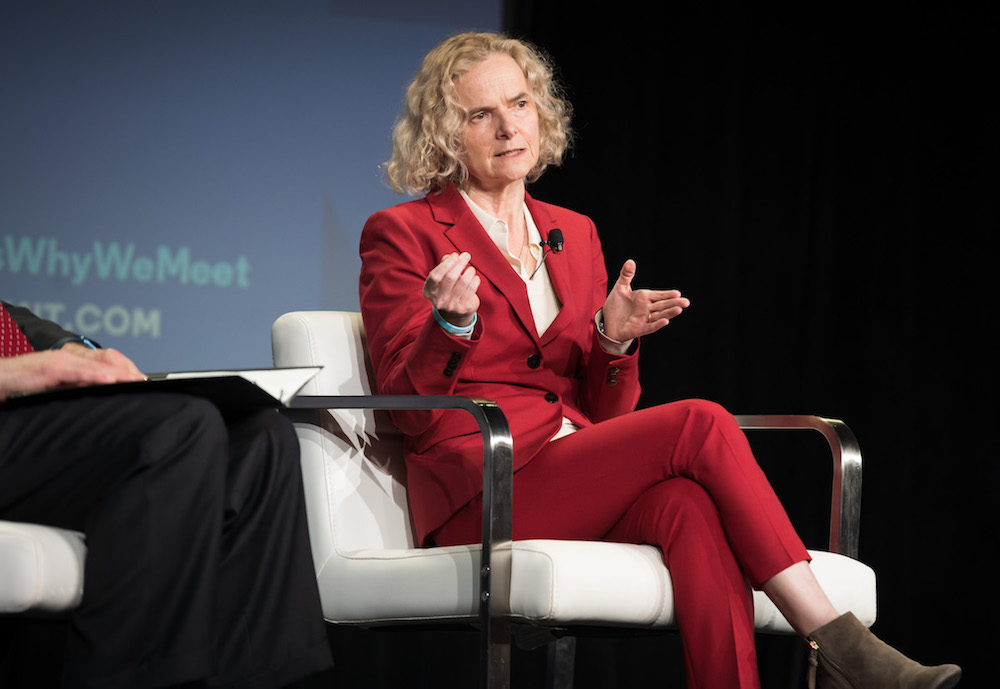
Among those who delivered official remarks were Rahul Gupta, MD, director of the White House Office of National Drug Control Policy; Nora Volkow, MD, director of the National Institute on Drug Abuse; Debra Houry, MD, acting principal deputy director of the CDC; Lawrence Tabak, MD, acting director of the National Institutes of Health; and U.S. representative Hal Rogers (R-Ky.).
Summit sessions took views of addiction and treatment through a variety of lenses, such as the carceral system, emergency room caregivers, the workplace, COVID and harm reduction. Addiction’s connections to trauma and mental health seem more pronounced than ever based on the selection of topics and speakers at the summit.
“There is so much connectivity with mental health and implementing trauma-informed care,” said Jennifer Smith, secretary of the Pennsylvania Department of Drug and Alcohol Programs. “That has been a focus for us. To tackle this crisis long-term, we have to look at incorporating those services, from how they are delivered to how they are paid for. Some lessons we’ve learned are in taking a step back to look at the needs of people with SUD [substance use disorder] and how we blend those services together so that we don’t put the onus on individuals to find services.”
Photos: Pierce Harmon Photography


